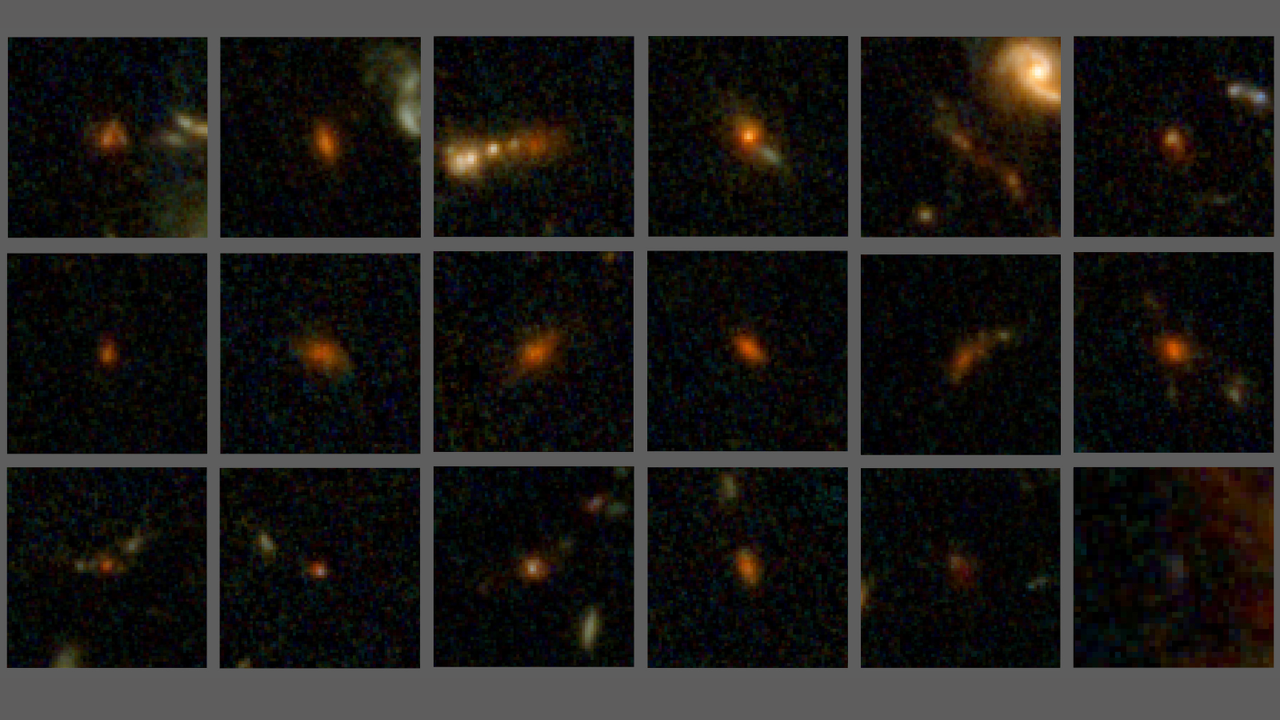Although there has been a marked improvement in transportation, both railways and road, in the Northeast over the past few years, bottlenecks persist. Till such time as these are removed, the region will continue to remain underdeveloped and an unfavourable tourism destination. To the average tourist, distance is not an issue. If tourists can travel across oceans and over mountains just to soak in the beauty of other lands, what really is distance? In fact, the main crux of modern means of travel is to conquer distance, comfortably and conveniently. But this principle is not applied to travel in the North-east.
Ironically, it appears that the comfort and convenience of the transport service providers precede those availing their services. Nobody also expects anything out of the ordinary in the North-east, but that is no reason to short-change tourists and travellers here. Yes, the North-eastern topography and terrain are not the easiest to access but if tourism in the hostile snow-covered Alps can be so lucrative, why not our hills and rivers?
The point is: how serious are the public and private transport service providers vis-à-vis facilities in the North-east. Here is an example: on 12 March, an Air India flight from Aizawl to Guwahati was cancelled due to poor visibility. Leave alone food and accommodation, even transport was not provided to the stranded passengers to take them back to Aizawl from Lengpui airport. No special flight was arranged the next day to take them to Guwahati.
Transport service providers dictate the terms and those availing of their services are at their mercy. This can only happen in the North-east where consumer forums are very weak and/or non-existent. Moreover, the political class here and in New Delhi is more bothered about what exists on paper than in reality. And after all is said and done, there is no monitoring agency to ensure implementation, transparency and accountability. This is one of the major bottlenecks of transportation in the region.
The other is the total absence of the sense of emotional integration of service providers, especially of air transport, with the people of the North-east. If there is a semblance of politeness and pomp, it is to attract customers, not because these air transport providers care a hoot about the people of the region or even those who tour and travel in the North-east. Public or private airlines contact people who have bought tickets to remind them of their journeys but the buck stops there. They do not bother to contact buyers after the flights are cancelled. All this proves the point that it is not the machine but the person behind the machine that moves or stalls things. Yes, the primary bottleneck as regards transportation, especially air transportation, in the North-east is the absence of commitment and dedication of the human component.
These days, attitude is believed to be crucial for image but that is exactly what is most repelling about how modern day business is conducted, especially in the service sector. Nobody is really bothered about youth, looks, weight, some silly accent and the transient things that are today believed to sell. What tourists and travellers to and in the North-east want is the kind of transport service, especially air transport, that doesn’t leave one with a bad taste in the mouth at the end of the day.
Meanwhile, it is also imperative that our people awake to things like mindlessly burning forests that cause haze. Like it or or not, the North-east is not a favourite destination of transport service providers, especially air transport, and if we have to avail these services for our work or pleasure, we’ll have to ensure that we do not give them any excuse to short-change us. Things do not change in a jiffy, never mind what politicians say.
(The author is editor of the Dimapur-based Nagaland Page, and can be contacted at tmchangkija@rediffmail.com) By Monalisa Changkija
Although there has been a marked improvement in transportation, both railways and road, in the Northeast over the past few years, bottlenecks persist. Till such time as these are removed, the region will continue to remain underdeveloped and an unfavourable tourism destination. To the average tourist, distance is not an issue. If tourists can travel across oceans and over mountains just to soak in the beauty of other lands, what really is distance? In fact, the main crux of modern means of travel is to conquer distance, comfortably and conveniently. But this principle is not applied to travel in the North-east.
Ironically, it appears that the comfort and convenience of the transport service providers precede those availing their services. Nobody also expects anything out of the ordinary in the North-east, but that is no reason to short-change tourists and travellers here. Yes, the North-eastern topography and terrain are not the easiest to access but if tourism in the hostile snow-covered Alps can be so lucrative, why not our hills and rivers?
The point is: how serious are the public and private transport service providers vis-à-vis facilities in the North-east. Here is an example: on 12 March, an Air India flight from Aizawl to Guwahati was cancelled due to poor visibility. Leave alone food and accommodation, even transport was not provided to the stranded passengers to take them back to Aizawl from Lengpui airport. No special flight was arranged the next day to take them to Guwahati.
Transport service providers dictate the terms and those availing of their services are at their mercy. This can only happen in the North-east where consumer forums are very weak and/or non-existent. Moreover, the political class here and in New Delhi is more bothered about what exists on paper than in reality. And after all is said and done, there is no monitoring agency to ensure implementation, transparency and accountability. This is one of the major bottlenecks of transportation in the region.
The other is the total absence of the sense of emotional integration of service providers, especially of air transport, with the people of the North-east. If there is a semblance of politeness and pomp, it is to attract customers, not because these air transport providers care a hoot about the people of the region or even those who tour and travel in the North-east. Public or private airlines contact people who have bought tickets to remind them of their journeys but the buck stops there. They do not bother to contact buyers after the flights are cancelled. All this proves the point that it is not the machine but the person behind the machine that moves or stalls things. Yes, the primary bottleneck as regards transportation, especially air transportation, in the North-east is the absence of commitment and dedication of the human component.
These days, attitude is believed to be crucial for image but that is exactly what is most repelling about how modern day business is conducted, especially in the service sector. Nobody is really bothered about youth, looks, weight, some silly accent and the transient things that are today believed to sell. What tourists and travellers to and in the North-east want is the kind of transport service, especially air transport, that doesn’t leave one with a bad taste in the mouth at the end of the day.
Meanwhile, it is also imperative that our people awake to things like mindlessly burning forests that cause haze. Like it or or not, the North-east is not a favourite destination of transport service providers, especially air transport, and if we have to avail these services for our work or pleasure, we’ll have to ensure that we do not give them any excuse to short-change us. Things do not change in a jiffy, never mind what politicians say.
(The author is editor of the Dimapur-based Nagaland Page, and can be contacted at tmchangkija@rediffmail.com)









































.jpg)




























































